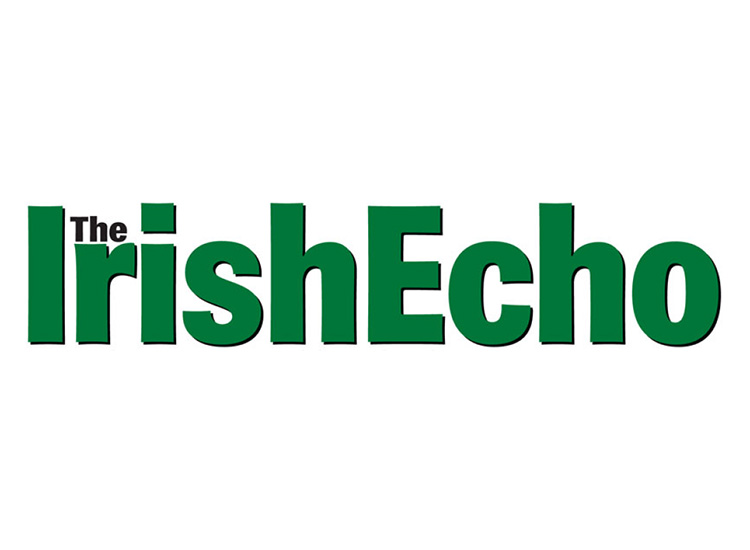The photo-op was inevitable. And for many who saw it, it very likely prompted a smile.
There they were, the president and first lady of the United States, global celebrities and genuine historical figures, standing at the bar in Ollie Hayes' pub in rural Moneygall.
The president hoisted a pint of Guinness. The First Lady delicately chose a half-pint. The president raised his glass, and a thousand (so it seemed) photographers captured the moment.
And that, of course, was the picture of Barack and Michelle Obama's trip to Ireland. Yes, they made several other appearances before volcanic ash cut their visit short, but the pint-sized pub crawl in Moneygall provided the enduring image of the presidential visit.
Were I one of the president's advisors (could this country sink so low?), I'd be delighted with that image of my boss. Barack Obama can sometimes seem aloof and detached, not necessarily a pint-drinking everyman. But millions of people saw that picture of the president standing at the bar with a pint glass in hand, looking like he might have stayed for another if he had time. You can't buy that kind of publicity.
I have to confess, however, that I would have preferred a different image of the president and first lady. I wish the world would have seen him inspecting the Book of Kells in that magnificent room in Trinity College. I wish the photos showed him engaged in conversation with Seamus Heaney. Imagine if the president's main photo-op in Ireland featured not a pint, but a poet, or a piece of literature.
Of course, no presidential image-maker would allow such a thing, because politicians in general and American politicians in particular, need to be seen as everyman and everywoman, as ordinary Janes and Joes, only a lot smarter and a lot more ambitious.
Modern politics demands that even the most brilliant candidates for public office demonstrate a common touch. That's why men and women with degrees from some of the nation's finest universities make sure they drop their "g's" like any real American should.
It's why George H.W. Bush of the Connecticut-Texas Bush clan insisted back in 1988, when he was running for president, that his favorite food was pork rinds. And it's why Hillary Rodham Clinton tossed down a beer and a shot at a blue-collar bar in Pennsylvania's coal country during the 2008 presidential primaries.
Those who don't understand these rituals seldom succeed. Failed presidential candidates John Kerry and Al Gore simply couldn't get past their Ivy League degrees and privileged lives to convey a sense of empathy with voters, even though both men were in Vietnam when equally privileged young men were finding ways to avoid service.
On the other hand, privileged candidates who can relate to the great democratic masses often are rewarded with support despite their upbringing. The classic example is, of course, Franklin Delano Roosevelt, the Hudson Valley squire who persuaded Americans in the 1930s that he felt their pain - and that he was determined to relieve it.
The image of Obama at the bar in Moneygall, then, was just what the spin doctors ordered. It no doubt helped to loosen his button-down image and helped put a few wrinkles of character in his somewhat starchy public persona.
But what's good for the president may not be so good for the Irish, for that image of the president tended to strengthen the link between the Irish and the pint. What else, after all, is there to do in Ireland but order a pint, or seven?
That's why I would have preferred some other enduring image of the presidential visit - anything, actually, instead of a pub shot.
But then again, that's why I'm not on the White House payroll. I probably would have arranged for a meeting between Obama and several of Ireland's greatest living writers. The shot would have been boring, the president would be accused of elitism, he would lost next year's election, and I'd be out of a job.
That's why I write newspaper columns and teach American history.
One other observation about the president's visit: what a relief it must have been to spend a few precious hours among people who remain grateful for America's role in bringing peace to the divided island.
Obama left Washington after a storm few days during which he suggested a subtle change in U.S. policy in the Middle East, so touching off a wave of criticism from many of Israel's supporters and from the Israeli prime minister himself.
The controversy produced one of those moments when you wonder why anybody would want to set up shop in the Oval Office. It can be a thankless task.
Based on the president's reception in Ireland, however, it's clear that some people appreciate the efforts America has made to bring peace and justice to other parts of the world. I'll drink to that.









